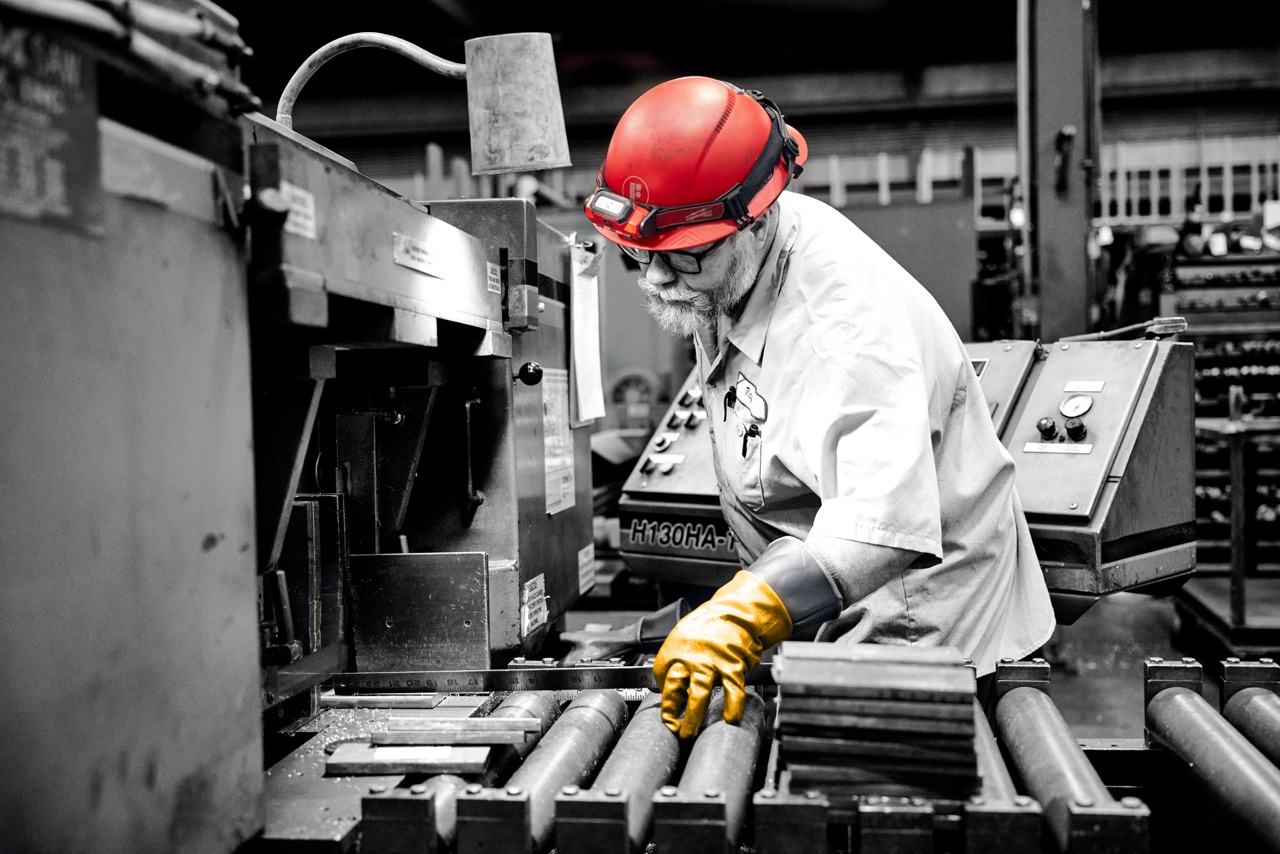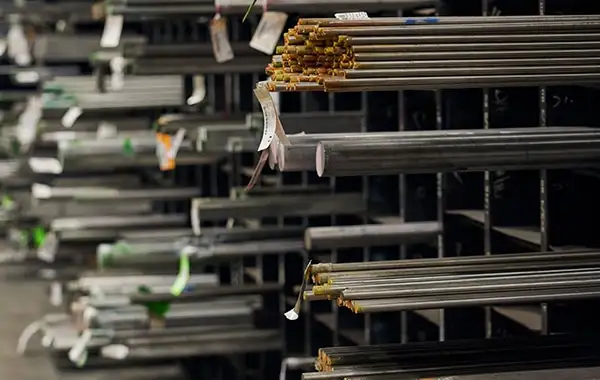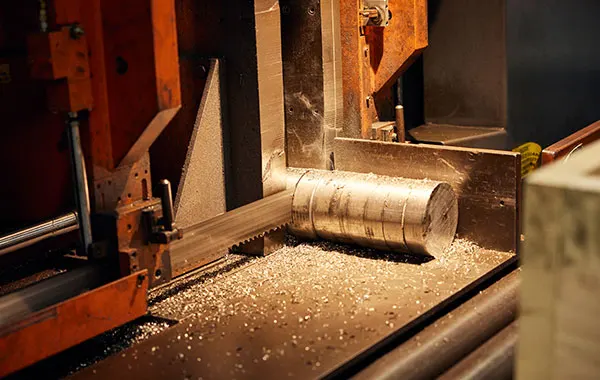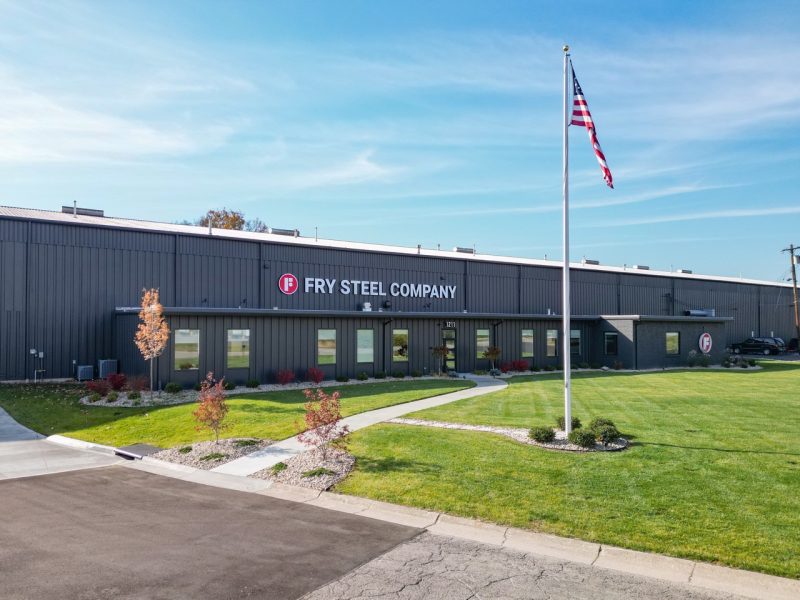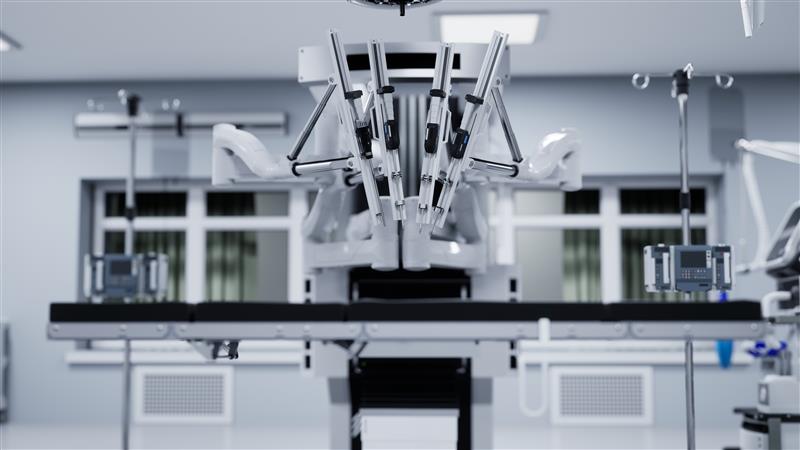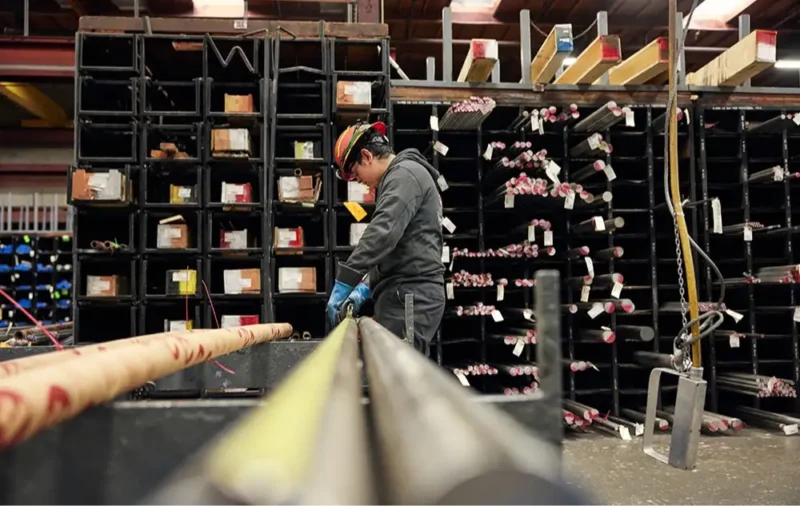In critical industries like aerospace, medical, and energy, precise manufacturing may make the difference between great success and catastrophic failure. To ensure the best outcome, engineers and procurement specialists must focus on a factor known as material tolerance. This measurement defines the range of size variance in which a material will still fit and function properly. It is essential to engineering success.
Read on to learn all about material tolerances, why they matter, and how to find a metal supply partner to help accomplish your manufacturing goals.
What are Material Tolerances?
Material tolerance refers to the acceptable amount of variation in the size and shape of a part that still allows it to work properly. While precision is always important in machining, differences in manufacturing processes, material sources, and other factors can result in extremely slight variations in final products. Material tolerance is a QA measure that helps engineers, procurement specialists, and QC professionals understand whether the part will still function correctly, or if it’s out of the acceptable range.
Material tolerance may be allowed in either direction, for example plus or minus 0.5mm, or it may only be allowed in a single direction, for instance the product can be up to 0.5mm larger, but no smaller.
How Material Tolerance is Expressed
A part’s material tolerance is defined by an engineer in the part’s technical drawings or CAD models. The smaller the range of tolerance, the “tighter” it’s said to be. In precision machining, this factor can be expressed in a few different ways:
- Plus/minus notation: In some cases, the range of acceptable variance follows the precise measurement using a plus/minus notation, like 10±0.5mm
- Exact range: Other times, an engineer may define the exact range of size for a part, including its material tolerance, like 9.5mm to 10.5mm
Factors that Impact Material Tolerance
When it comes to precision machining, several small factors can have huge impacts. These include:
- Manufacturing tools: Dies, cutters, and other manufacturing tools must be precisely calibrated and properly maintained in order to function accurately.
- Material properties: Manufacturers need a clear understanding of how different materials respond to the manufacturing process and how that may impact their final result. For instance, some stainless steel metals tend to contract during heating/cooling cycles, whereas other superalloys may not.
- Environmental factors: Shifting environmental factors like temperature, humidity, air pressure, and more can cause materials to react in ways that create variance.
- Surface treatments: Coatings, plating, and other surface treatments add to a part’s thickness.
Material Tolerance’s Effect on Performance and Part Compatibility
Machining tolerances are essential to the manufacturing process. They ensure that parts will fit together properly and operate correctly. If a part is outside of its range of tolerance, it may not properly connect to other parts, may not be able to function reliably, or may cause significant issues down the line.
Combining multiple parts that are just a fraction of a millimeter beyond their tolerance ranges and appear to function properly can lead to issues, too. They may cause a phenomenon known as “tolerance stack-up,” in which the miniscule variations accumulate to cause significant problems.
Cost and Lead Time in Machining Tolerance
When defining a part’s material tolerance, engineers and manufacturers must consider the balance of functionality vs. cost and lead time. While tighter tolerances are always better for functionality, they come with a significant trade off. The more precise the dimensional accuracy, the longer the part manufacturing takes and the more costly it becomes. Parts with extremely tight tolerances require high levels of oversight and inspection, specialized machinery, and other accommodations that slow manufacturing and spike cost.
Where Tight Tolerances Are Critical
Certain industries have a greater need for precise machining and exact dimensional accuracy. While careful manufacturing is always necessary, in these industries, tight tolerance and accuracy are mission critical:
- Aerospace: Precision machining helps ensure safety and prevent failure in equipment like turbine blades, landing gear parts, and other aircraft components.
- Medical: When manufacturing implants and precise surgical tools, variance of partial millimeters can determine whether a device functions properly.
- Energy: Equipment in the energy industry operates under extreme pressure, temperature, and stress. Precision machining ensures parts function safely and accurately.
Fry Steel: Your Precision Partner in Metal Supply
When every millimeter counts, it’s important to source from a reliable and technically adept metal supplier. At Fry Steel, we’re not just your supplier; we’re your partner throughout your manufacturing process.
Our experts have a deep understanding of material specs and tolerance requirements and can guide you through the material selection process. Rest assured that our comprehensive QA standards will ensure your final product falls within your exact tolerances every time.
Looking for consistent quality, technical guidance, and reliable materials? Contact us today.

